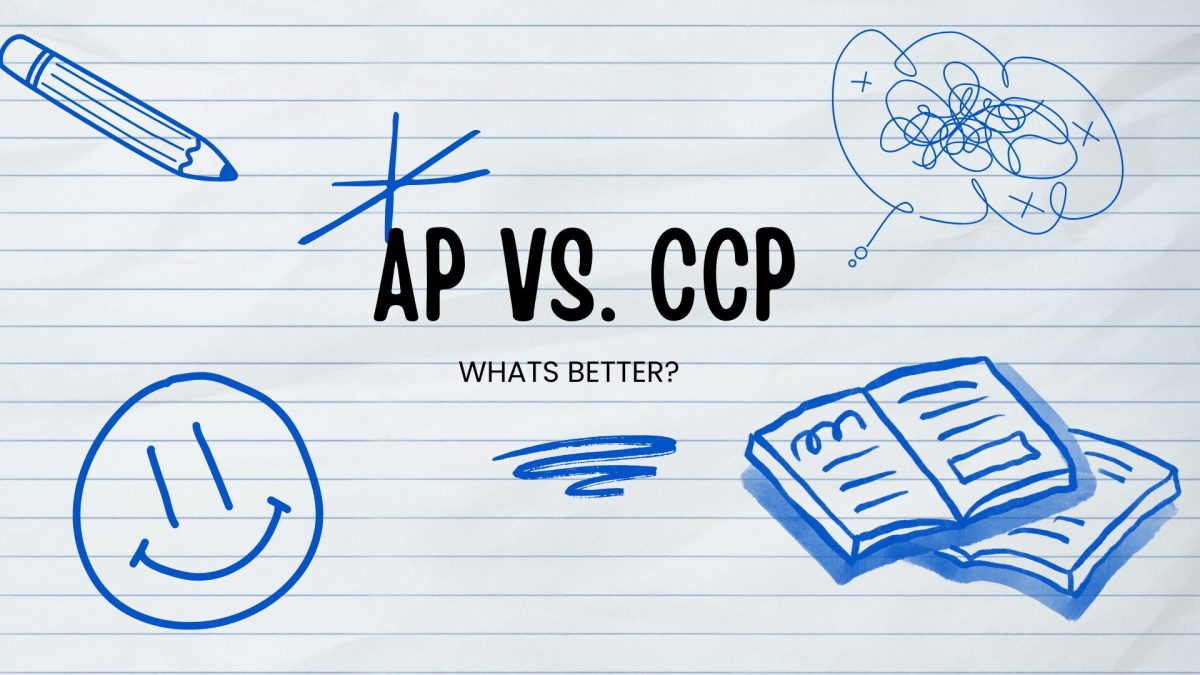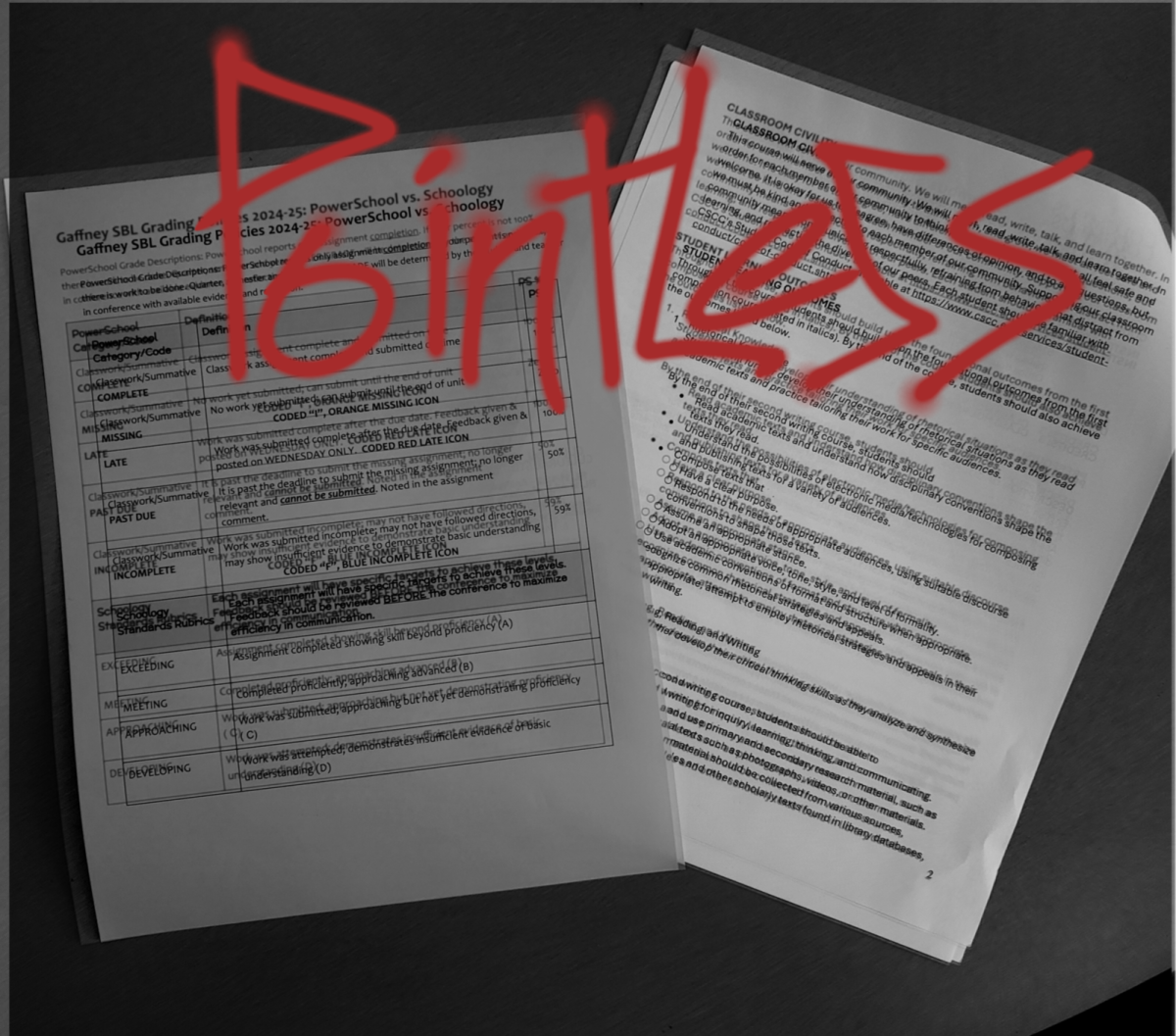Impeachment generates division among students

The recent impeachment of President Donald Trump has made history in the American political hemisphere; intense controversy and dissent among citizens over the issue has become apparent, even with students.
Junior Malcolm McCown, who identifies as a libertarian with conservative values, believes Trump should not have been impeached.
“I do not think [impeachment] has been fair, as no concrete evidence of high crimes committed by President Trump have been unearthed. I think it has been a very partisan and party-biased attack on the Republican Party,” McCown said.
For the abuse of power charge, the House cites a July phone call between Trump and the president of Ukraine, Volodymyr Zelensky. Trump pressured Zelensky into launching an investigation into former Vice President Joe Biden’s son, Hunter Biden, who sat on the board of a major Ukrainian natural gas company from 2014 to 2019.
In exchange for an investigation, Trump said he would release a congressionally-approved $300 million military aid package to Ukraine, which the White House was holding. The money was eventually given to Ukraine on Sept. 11, after the story initially broke.
On Jan. 16, a nonpartisan government watchdog agency, the Government Accountability Office, ruled that the White House acted in violation of the Impoundment Control Act, which determines how the executive branch can disburse funds set by Congress. The White House describes the ruling as an overreach.
The second charge, obstruction of Congress, was added due to Trump’s lack of cooperation with the House during the impeachment inquiry. The House asked the president to release documents related to the Ukraine incident; Trump refused.
On Dec. 18, Trump was impeached after the House of Representatives voted 230-179 and 229-178 along party lines on abuse of power and obstruction of Congress.
Speaker of the House Nancy Pelosi sent the articles of impeachment to the Senate on Jan. 15. The trial started on Jan. 21 and is ongoing.
Students are divided on Trump’s impeachment. Some think it was unwarranted, while others think it’s necessary.
Junior Muna Ali, who identifies as liberal, believes the process has been fair thus far and would like to see it continue.
“I think Trump should be impeached and removed from office. Removal would send the message that abuses of power aren’t tolerated by the American public. In an ideal world, Trump would be removed,” Ali said.
Senior Eli Williams, who says he doesn’t fall into a particular party, believes the evidence found against Trump is enough for impeachment, but not enough to remove him from office.
“There is concrete evidence that [actions mentioned in the articles of impeachment] occurred and that these things do contradict the Constitution … I feel like a lot of the impeachment is very emotionally based … You can’t remove a president based on how you feel about him,” Williams said.
McCown also thinks Trump should not be removed from office.
“The lack of any evidence backing up claims from the president’s opposition, such as Rep. Adam Schiff, should not lead to any convictions on Trump’s part. I will stand by the principle of innocent until proven guilty until any concrete evidence of high crimes being [committed] has been unearthed,” McCown said.
Thomas Nelson is a professor of political science and the head of political psychology program at The Ohio State University. Nelson argues there is evidence of wrongdoing by Trump.
“From my understanding, it is illegal to elicit help from a foreign leader in an election. It’s said he sort of bribed these Ukrainian officials with promises of a formal meeting at the White House and the release of $300 million worth of weapons that they had been promised.
“You can call it bribery. You can call it blackmail … Using foreign policy as a way to get other countries to help you out with your campaign or dig up dirt on your opponent is pretty serious … I’m not aware of a case like this in recent American history,” Nelson said.
Both AP Government and Politics teacher Jim Brady and Nelson agree that a Senate conviction and removal is unlikely.
“I don’t see 67 senators voting to convict him unless there is more information revealed in a witness testimony or more transcripts about the nature of withholding the military aid to Ukraine … I think the senators are weighing their reelection very carefully. If you’re in a district that voted for Donald Trump, then you’re thinking twice about voting to convict,” Brady said.
Ali agrees the Senate’s trial will likely end in acquittal, but it has made her question the validity of the Trump presidency.
“Given the current Senate leadership, I highly doubt [conviction and removal] would occur. Either way, the entire impeachment process has definitely cast doubts on the legitimacy of Trump’s presidency for me,” Ali said.
Nelson sees impeachment being ultimately beneficial for Trump and his reelection.
“Trump is going to fit this episode into a long running story he’s had about how democrats are furious that he’s elected and they’re going to try to remove him any way they can … It’s probably going to work pretty well with his base of supporters.
“I think Trump supporters are extremely committed … He has a very passionate base of support that thinks he can do no wrong, whatever he does. They will be a formidable group to deal with,” Nelson said.
According to FiveThirtyEight as of Jan. 23, 48.1 percent of Americans support the removal of the president from office, and 50.5 percent agree with his impeachment.
There have now been three impeachments in American history. No president has ever been convicted and removed.
In 1868, President Andrew Johnson was impeached, but acquitted in the Senate by one vote. President Bill Clinton was impeached in 1998, but also found not guilty in the Senate.
President Richard Nixon resigned before a formal impeachment vote in the wake of the infamous Watergate campaign scandal in the 1970s.
Brady believes one can draw comparisons between Nixon and Trump’s scandals.
“I think what Nixon did was far more damaging to the Constitution. I do have serious issues with Trump enlisting the help of a foregin government into a political opponent … There’s evidence that [military aid] was withheld for a substantial amount of time. This case, although not as severe as Nixon’s, is pretty close,” Brady said.



































